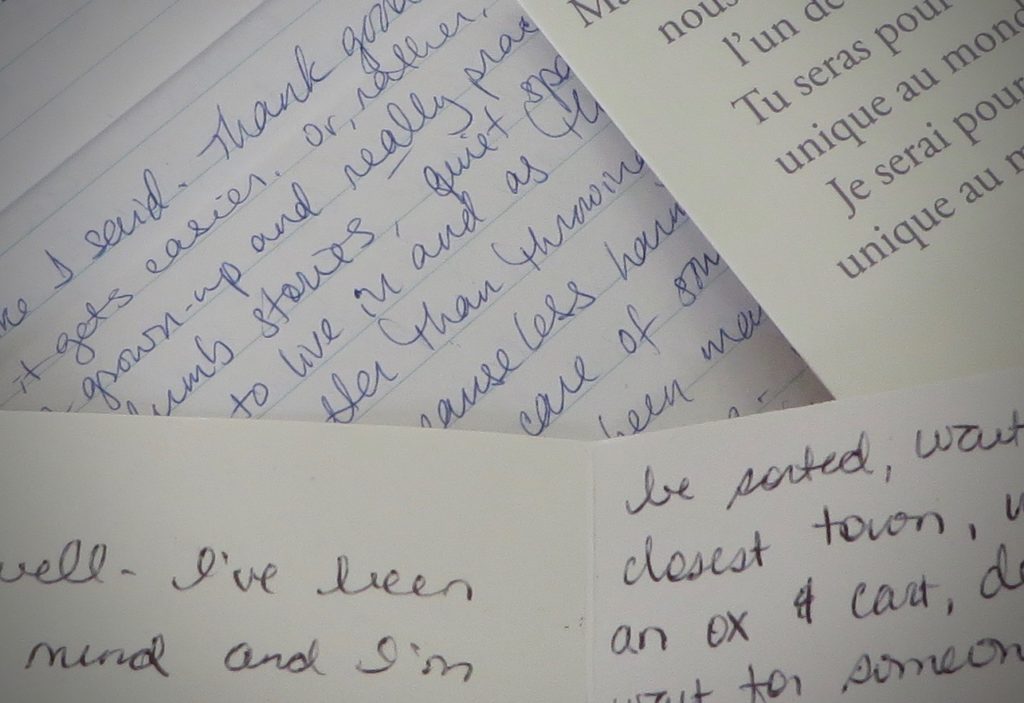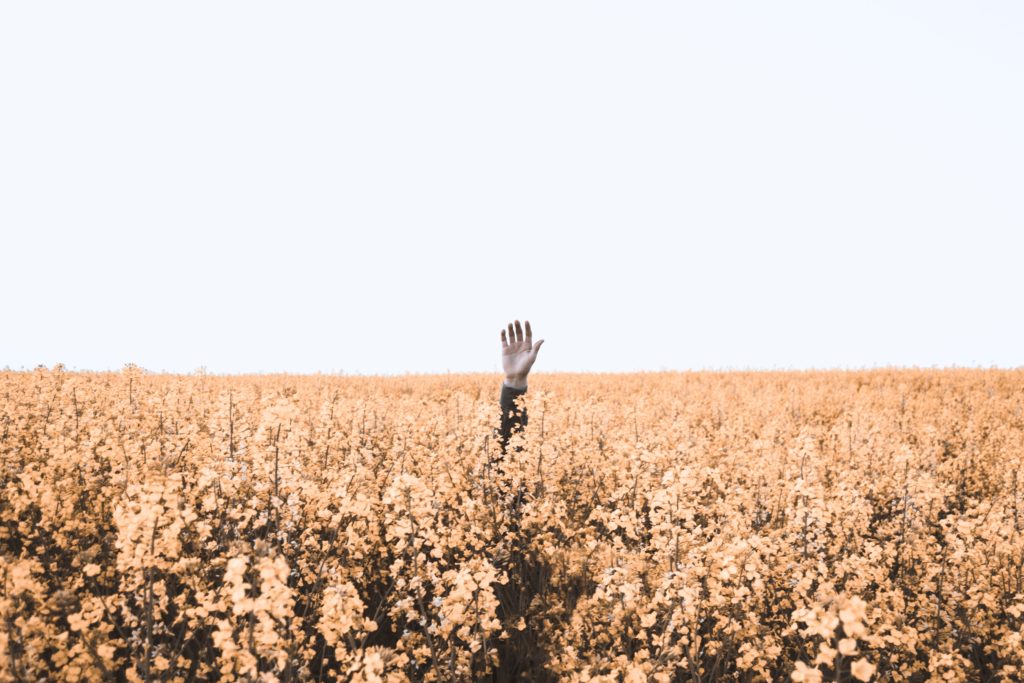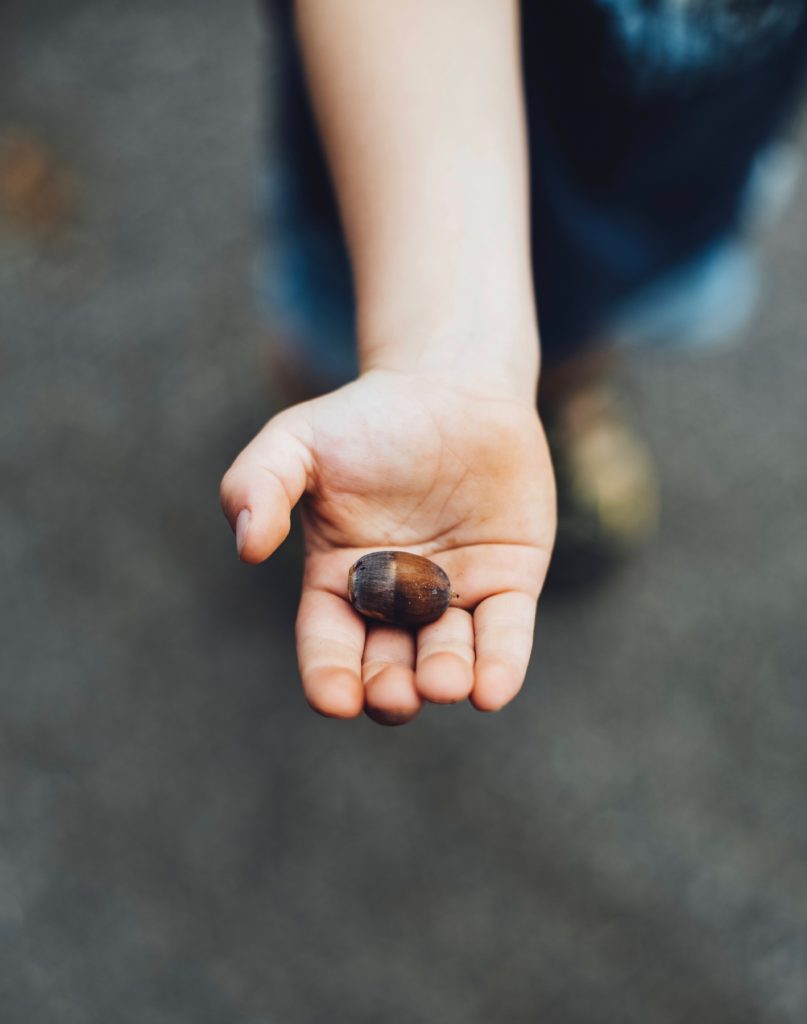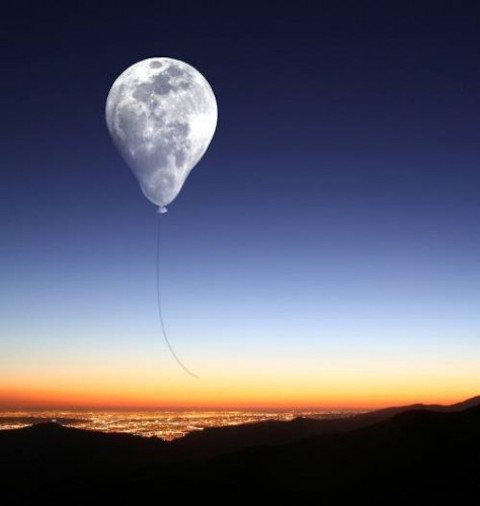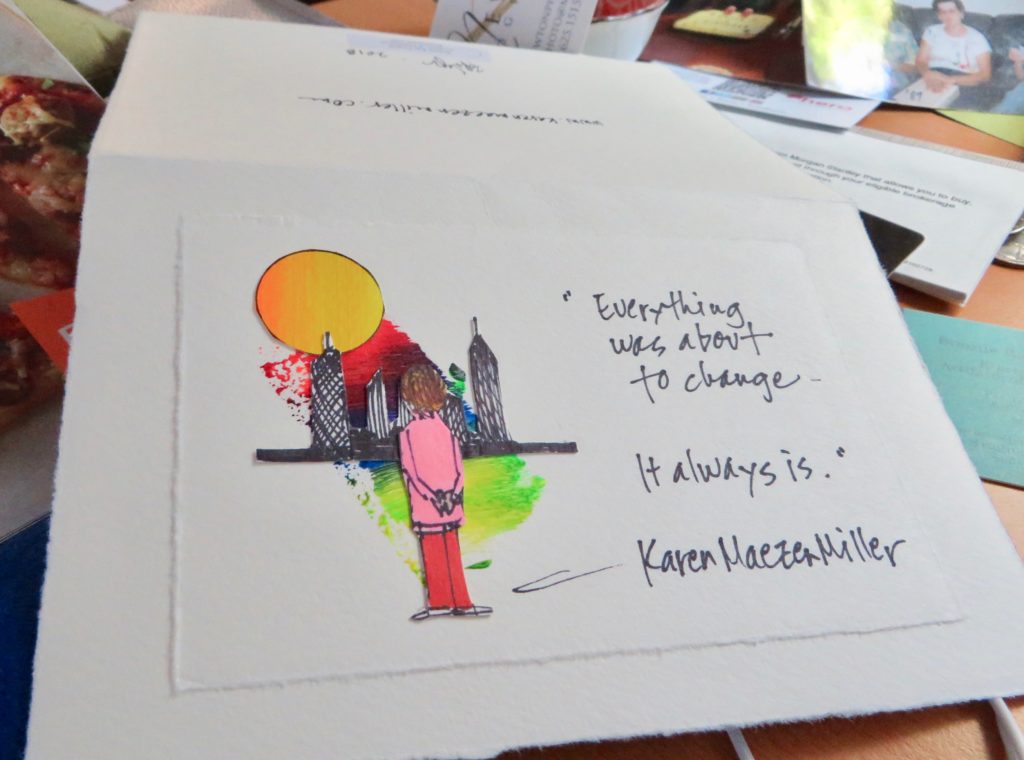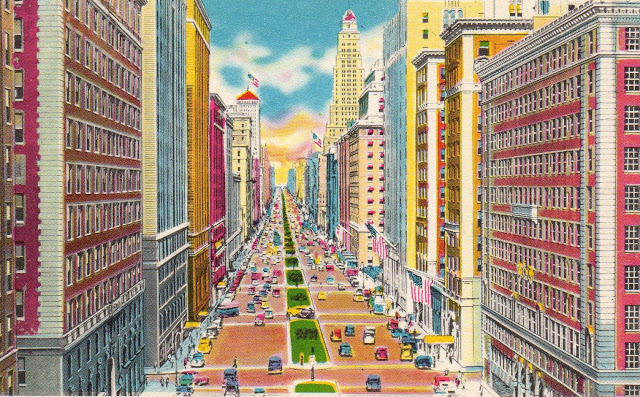Sunday morning I was standing on the sidewalk with my dog Molly. Standing is what passes for walking when you have a dog this old and infirm. I saw my neighbor striding down the hill toward us. Straightaway he asked about my daughter.
I think about her all the time! She’s so brave. You are all so brave.
This neighbor attended the same university where my daughter is now, and has embraced her college choice and field of study with unfiltered enthusiasm.
The energy is so amazing! The people are so creative! It’s the best place in the world for her! Then he asked about her recent visit home.
It hadn’t gone the way I’d expected. After three months away, she spent most of her time in her room or ricocheting from one friend to another, special people she just had to see, spinning in happiness and heartache. Three days later she got up at 4 a.m. without complaint to catch her return flight. It was barely noon here when she texted a valediction: Landed. I told my neighbor that I realized her life now is all about moving forward.
You know, the orbit is elliptical. It’s not circular.
He said this with the insight of an astrophysicist, which he isn’t, but I could grant him that, since he is a professor of supportive care at one of the world’s leading cancer centers. He knows all about comings and goings and the paths we travel in-between. Our children return home to refuel before they accelerate outward again.
Once indoors, I sounded out the science with the astronautical expert I live with. I vaguely remembered not listening to him tell me about the elliptical flight path of a mission to Saturn, when the spacecraft slingshotted back around two or three planets en route to its faraway destination. Why do you have to do that? I asked him.
The planet’s gravity accelerates your velocity so you can get where you’re going.
I’m schooled now on the mechanics: we pull her in so we can fling her out. Hers is a distant world.
***
The interplanetary flight path of the Cassini mission to Saturn began with launch from Earth on Oct. 15, 1997, followed by gravity-assist flybys of Venus, Earth, and Jupiter before arriving at Saturn on July 1, 2004. The flybys of the different planets were designed to increase the spacecraft’s velocity relative to the sun so it could reach Saturn. During these flybys, there is an exchange of energy between the planet and the spacecraft which accelerates the latter and changes its velocity direction relative to the Sun.
Image: How small the sun looks from Saturn.



